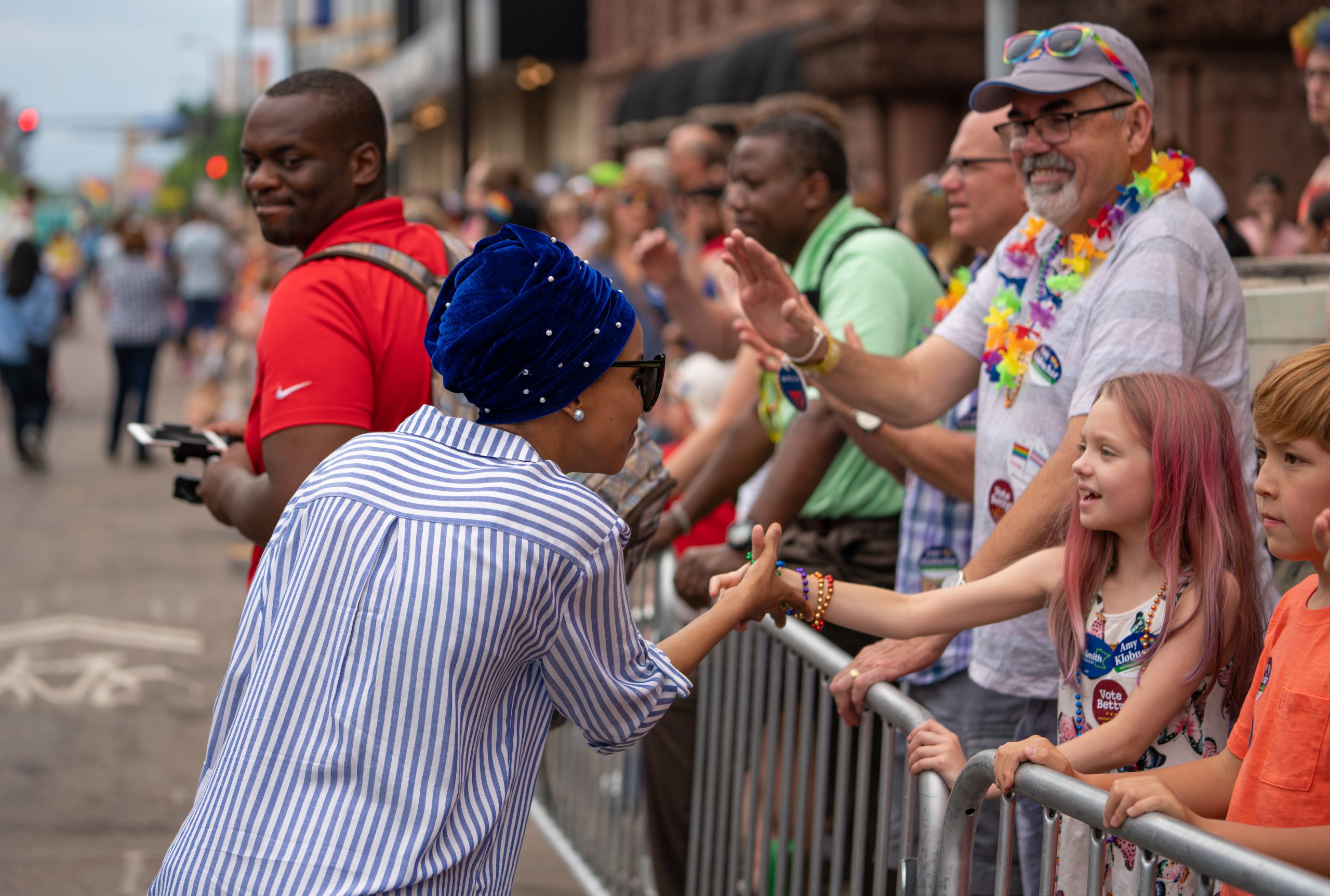Freshman Congresswoman Ilhan Omar (D-Minn.) recently faced backlash for criticising the American Israel Public Affairs Committee and other pro-Israel lobby groups. In a recent tweet, the congresswoman highlighted that support for Israel was “all about the Benjamins baby,” referencing a hip-hop lyric. Top Democratic leaders, including House Speaker Nancy Pelosi and Senate Minority Leader Chuck Schumer (D-N.Y.), immediately responded, calling Omar’s comments “deeply offensive” for pandering to old Jewish stereotypes about money and dual loyalty. As a non-native speaker, Omar might have not fully understood the connotations of her tweet, and she immediately apologized. She did, however, bring up a fair point about pro-Israel lobbying groups and their influence in Congress.
For the past 70 years, lobbyists have played a major role in protecting Israel from criticism and shaping American foreign policy. Silencing Omar and accusing her of anti-semitism highlights that the Democratic party is not willing to accept legitimate debates that reflect the changing faces and perspectives of the party. If the Democratic Party wants to position itself as the party of minorities and young progressives, it needs to do more than just elect token representatives and senators; it needs to make space for their perspectives.
Democratic Tokenism
The last midterm was a election of firsts for Democrats, who elected the first Muslim congresswomen, the first Native American congresswomen, the first refugee in Congress, and the youngest female member of Congress. The year of that midterm, 2018, highlighted the changing demographics of the Democratic Party, and the party positioned itself once again as the party of minorities. In contrast, Republicans — led by President Trump and his message that appealed to rural white voters and their racial grievances — were called out for their lack of diversity. The message was clear: the Democratic Party is the face of an increasingly diverse nation. However, no one seemed to ask how the emergence of these new faces would change the Democratic Party.
When Omar was first elected into office, she was hailed by liberals as one of the changing faces of the Democratic Party, along with other progressive candidates like Rep. Alexandria Ocasio-Cortez (D-N.Y.) and Rep. Rashida Tlaib (D-Mich.). Little was said about her foreign policy platform, her efforts to end student debt, or her stances on controversial issues like abortion. Although Omar agreed with the Democratic Party stance on most of these issues, including abortion, the party establishment assumed that Ilhan Omar was merely another face with the same typical liberal progressive views, despite her upbringing and religious background. It was no surprise, then, when she faced backlash for daring to go off script.
Suppressing Legitimate Debate
Omar is not the first to question the influence of money when it comes to the Israeli-Palestinian conflict, and her opinions were valid foreign policy concerns. A recent study by the Center for Responsible Politics revealed that pro-Israel donors spent 22 million dollars in contributions in 2018 alone. Money buys influence, and that influence is worth questioning. The AIPAC, for instance, spent $3.5 million dollars lobbying in 2018. The AIPAC is also well known for lobbying against the Iran Nuclear deal and played a significant role in Trump’s decision to back out of the deal. AIPAC is so integrated into Congress that many consider the freshmen class trip to Israel “a rite of passage.”
Pro-Israel groups also donated $15 million dollars to political campaigns. According to The Guardian, the lobbying groups also contribute to many U.S. politicians. The pro-Israel lobby groups also donate twice as much to Democratic candidates as Republican candidates, and some of Omar’s main critics in the party are heavily supported by these lobby groups.
Consequences
Though Democratic Party establishment says it wants different perspectives, Omar’s experience suggests it dislikes anyone who actually challenges the status quo. In response to her remarks, House Democrats introduced and passed an anti-bigotry resolution. Although the resolution doesn’t name Omar, it is clear that it is meant to show her her place. The resolution was passed after intense debate within the House over Omar’s comments. As it stands, the Democratic Party is collecting tokens, but it cannot yet swallow the real diversity that comes with these new faces.
It is clear that America is becoming more non-white, and minority voters have become the strength of the Democratic Party. However, if older politicians like Schumer and Pelosi refuse to step aside and accept new progressive perspectives, they might alienate new members of the party, potentially deepening the moderates-progressive split. This would ultimately weaken the Democratic Party and strengthen the Republican Party. To save the future of the Democratic Party and preserve its diversity, the Party needs to accept every aspect of diversity, including policy positions that may challenge the status quo.
Image Credit: Flickr/Tony Webster
